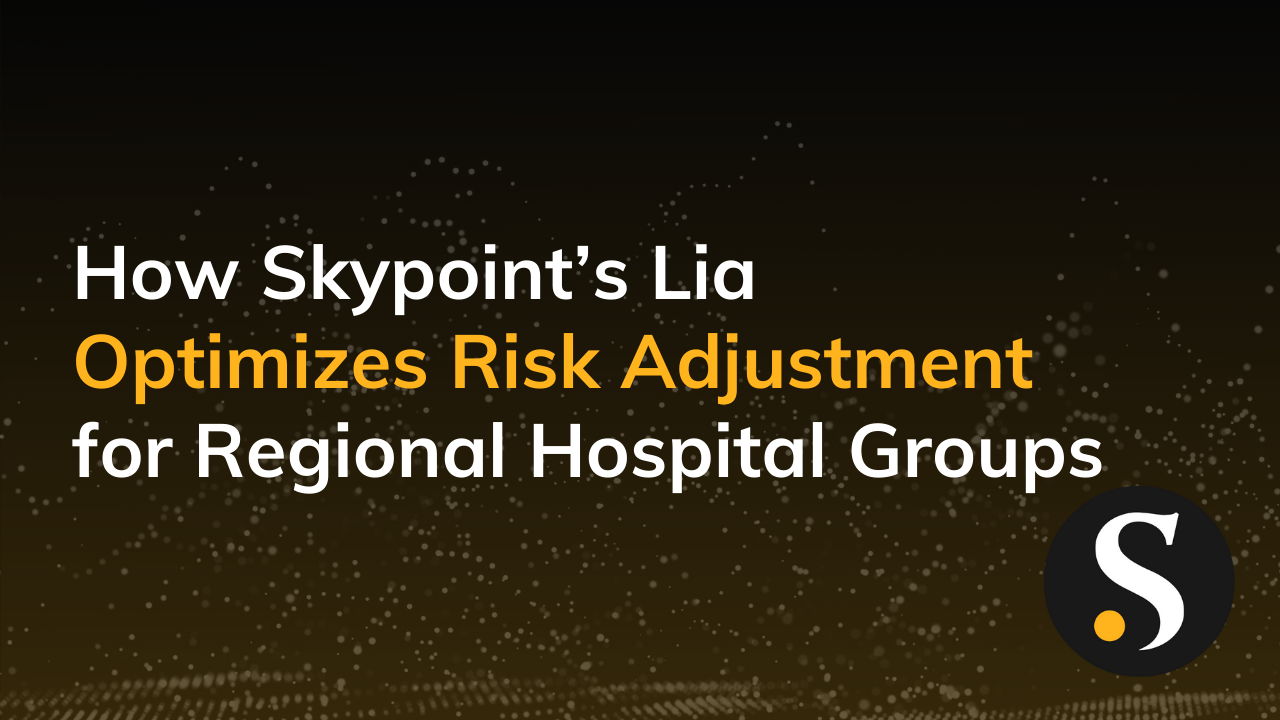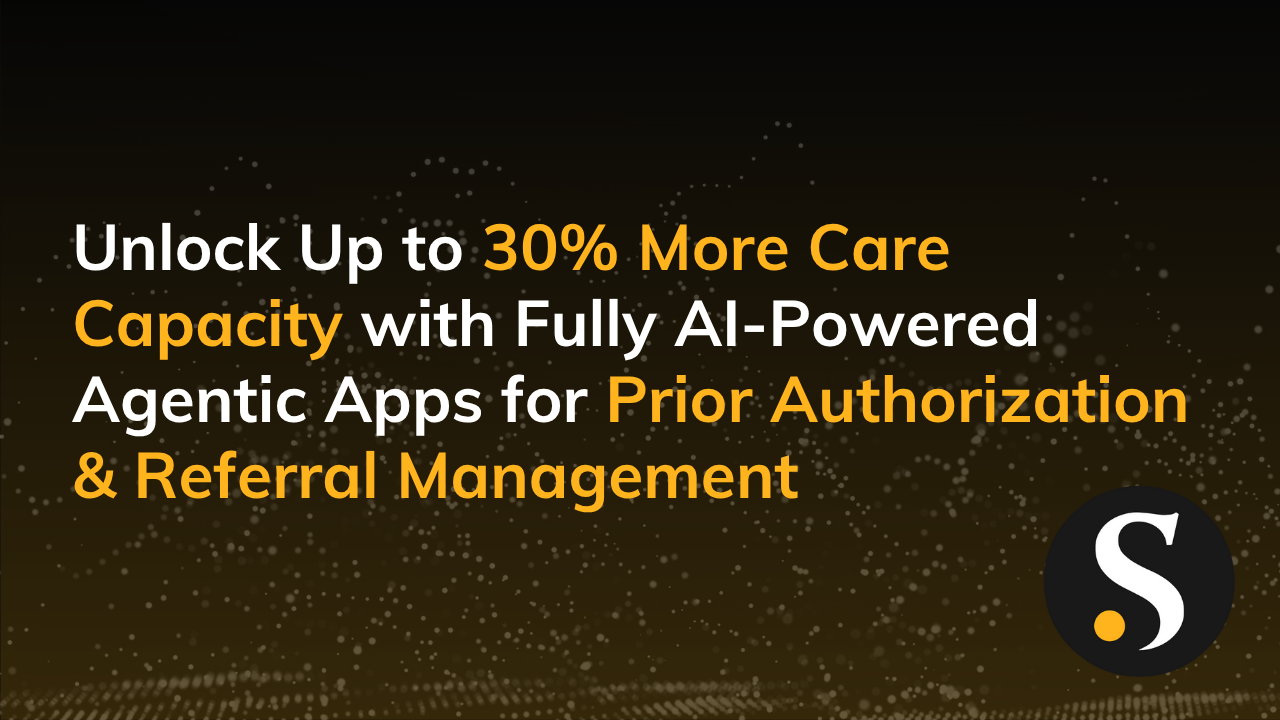Data transparency in healthcare has been an issue in healthcare for quite a while, but that is all starting to change.
The 21st Century Cures Act Interoperability and Patient Access Final Rule went into effect earlier this year and it will be enforced on July 1. This interoperability rule gives patients easier access to their digital health records right from their smartphones. The regulation intends to prohibit information blocking, which will completely transform the way patients interact with the healthcare system.
Let’s take a look at the importance of patients having easier access to their data and what solutions lie ahead for your organization.
The Importance of Healthcare Data Access
Healthcare data access is more than just about compliance. According to the Office of the National Coordinator for Health IT (ONC) Head Mickey Tripathi, it’s also about culture.
Data accessibility empowers patients by giving them more control over how they access and use their information. The best part is these self-serve options can be done quickly and conveniently right from the palm of your patient’s hands.
Patients who understand their own current health and wellness levels are able to better communicate with their providers and participate throughout the decision-making process. Ultimately, that means patients are able to self-manage conditions and better prevent chronic diseases from getting too serious.
This important change will help put the patient at the center of care, gaining access to clinical notes, medical history, imaging narratives, and other types of patient records.
Transparency Improves Engagement, Outcomes, and Literacy
Data transparency in healthcare helps improve patient engagement, outcomes, and health literacy because patients regulate the data that goes into their records and correct any inaccuracies. That leads to fewer medical errors and better patient outcomes.
The latest interoperability rule changes also allow digital health companies and app developers to access patient data to help create new innovations in healthcare.
Furthermore, these changes could lead to patients being able to integrate all of their healthcare data from medical records, smartwatches, fitness trackers, and other healthcare-related apps so they can have a more complete picture of their health. Imagine what’s possible with this level of data transparency that encourages more patient collaboration, involvement, and engagement.
Interoperability is a Mandate Driving Healthcare Data Access
Interoperability is a mandate driving healthcare data access, which means healthcare organizations need to ensure they have the proper setups and systems to accommodate these changes in an effective way. If not, you risk making it even harder for patients to access medical records online.
Interoperability means all computer and software systems are exchanging and sharing data from a range of important sources and working together to deliver information for whoever is requesting it.
Without interoperability, data transparency and patient access simply won’t happen. The patient experience will only continue to be fragmented and defined by a reactionary system that usually treats patients only after they’ve become sick.
With a healthcare data platform, interoperability is no longer an issue (and it’s also easy to implement). Not to mention, a healthcare data platform helps you scale your organization and deliver data-driven care coordination.
But there are barriers to global healthcare data sharing that must be addressed in order to implement such a solution.
Using a Healthcare Data Platform to Break Down Barriers
There are some concerns about data sharing across platforms, such as privacy and malpractice concerns, as well as institutional competition. With easier access to patient data comes the possibility of data breaches, which is why whatever solution you decide to implement must address these concerns.
This is where a healthcare data platform comes in.
A healthcare data platform with built-in privacy provisions helps your organization remain compliant and keep patient data safe. With a healthcare data platform, patients easily access their data with peace of mind knowing that their information is safe and secure from potential threats.
Skypoint Cloud’s healthcare data platform is a secure solution that provides patients and providers with a 360 view of their digital health records. Skypoint ingests, unifies, analyzes, and activates data across disparate systems to create a singular patient 360 view, putting patients at the focal point of all of your patient engagement strategies and clinical activities.
Yes, data transparency in healthcare matters to every patient. But, we know it matters to you and your healthcare organization too. We’d love to show you how Skypoint is revolutionizing data transparency and accessibility. Reach out to us if you’re ready to raise your patient care standards.




